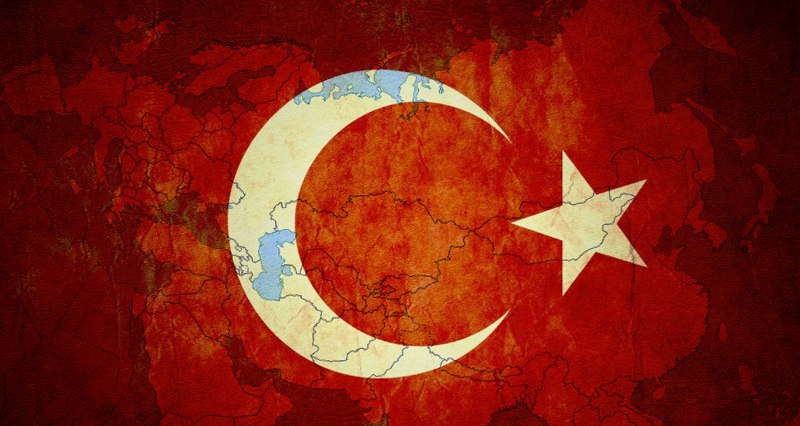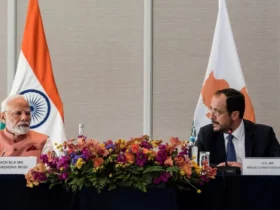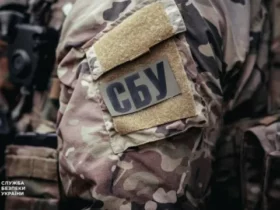The objective ground on which a “social game” is built limits the performance options of the parties. The conclusion of the game is revealed by the combination of the performance chosen by the parties. But the game is also embedded in a “social environment”. This environment affects the performance of the performance composition played to the parties. This effect sometimes come at a high cost to deter use of some performance options. Sometimes, on the contrary, it makes an additional contribution to the return of the game’s bare result for some of the parties. Therefore, the founder of the game tries to transform the social environment appropriately, as well as expand his favorable performance choices and narrow his opponents. In all the plans of the United States, the social tampering of favorable social conditions is at least as important as the performance options itself.
Therefore, it is necessary that the last Turkey Report of Rand Corporation need to be discussed under three different titles: last, the objective basis it based on, the performance options it targets, social environment which is aimed to accompany them.
THE OBJECTIVE GROUND OF THE RAND CORPORATION
The report is based on the objective obligations of Turkey to move away from the Atlantic system and draw closer to Eurasia. This identification is not new. The “Clash of Civilizations” was is put forward by Huntington who is in search of a new paradigm with the end of “Cold War” for the US also include Turkey’s inevitable turn to Eurasia. Moreover, this trend has risen to a level that pushes our country into a strategic alliance with Russia and Iran and urges us to engage in armed interventions in order to disrupt the US plans in our region.
The objective basis of the report is important for uncovering the subjective goals of the US related to our country. In the report, four “different” scenario for Turkey for the next ten years are expressed: “Turkey’s ‘difficult’ as a partner to remain in NATO,” “the government’s acceding to the power who chooses to reunion with the West”, “Turkey’s policy of balancing between the Atlantic and Eurasia”, and ”our country turning into an Eurasian power”.
AMERICA’S FOCUS
Although these options are presented as results achieved through an objective analysis, the report’s attitude towards these four options is extremely subjective. “Military events risk” has been suggested as a threat against Turkey’s becoming a Eurasian power by separating from NATO. This is because the integration of our country with Eurasia is the US’ nightmare. The goal the United States focused in the framework of these four scenarios is, for now, to cause Turkey to maintain a ‘knife-edge’-like balance between the Atlantic and Eurasia. Because the US is not carrying any hope for Turkey to re-join the Atlantic System. “Our country’s continuing its NATO membership as a difficult partner” is not an independent scenario in itself, but an extension of the “balancing” option.
Today, the Atlantic System has no power or desire to overcome Turkey’s economic challenges by ”opening the taps of money” in return of a government to ”endear himself to the West”. The economic difficulties of our country consist only of “weak points” which are suitable for tampering in terms of the Atlantic System. Turkey, however, overcome these challenges by a “Production Revolution” and international cooperation on the basis of equality and mutual benefit. The geography by which it is possible to reach this goal is not Atlantic, but Eurasian.
THE TRANSFORMATION THROUGH WHICH THE POWER FORMULA HAS GONE
In the past, it was widely believed that it is not possible to have power in our country without the US’ consent. In the periods when America had this “soft power”, it would intervene in the election processes in our country with “tender specifications” and there would be a section in the election declarations of all system parties that emphasized the suitability of that party. But today this formula is reversed. In Turkey, a government supported by the US is no longer the power. Even if it comes to the administration for a temporary period, it cannot make our country a part of the Atlantic System once again. The hope of the US to achieve this goal ended with the crushing of the July 15 FETÖ coup attempt.
The goal of the US is to delay the process of Turkey’s, “turning into Eurasian power” as late as it can. The idea is that longer the process is delayed, weaker and more anemic Turkey is. The efforts of the US to unify ”CHP, İP, Davutoğlu, Babacan and HDP-PKK” are the tools for deepening the fragmentation within the country, debilitating the country, and implementing the policy that breaks the relations between Turkey and Eurasia on international plane rather than a ”new government formula”.
America, which was involved in preparing “tender specifications” for the internal affairs of our country when it was in the “playmaker” position, degraded its function to “mischief maker” after falling into “game breaker” status. It is noteworthy that the last three or four years has been a period when our country has always faced “traps” inside and outside. The Atatürk Revolution owes its success to its mastery of unearthing the traps of imperialism. We will continue to address this problem.

















Leave a Reply